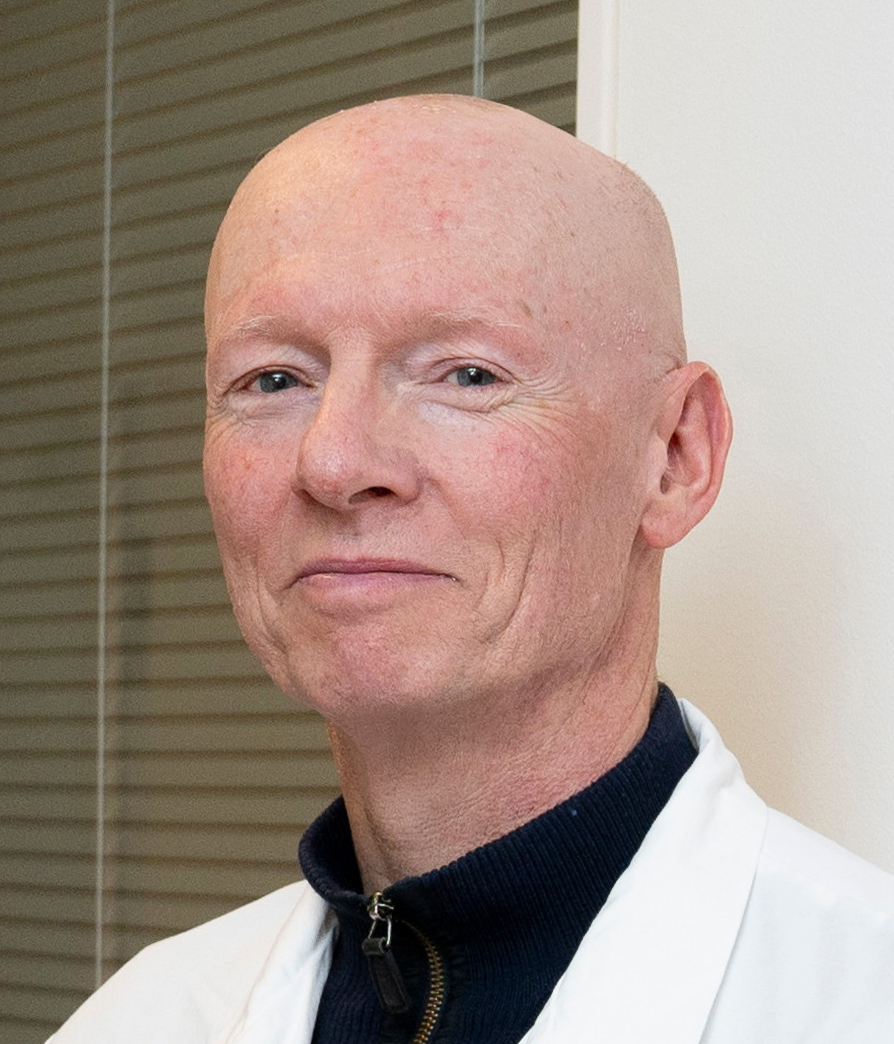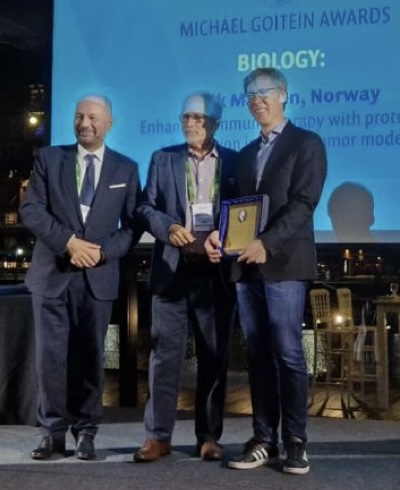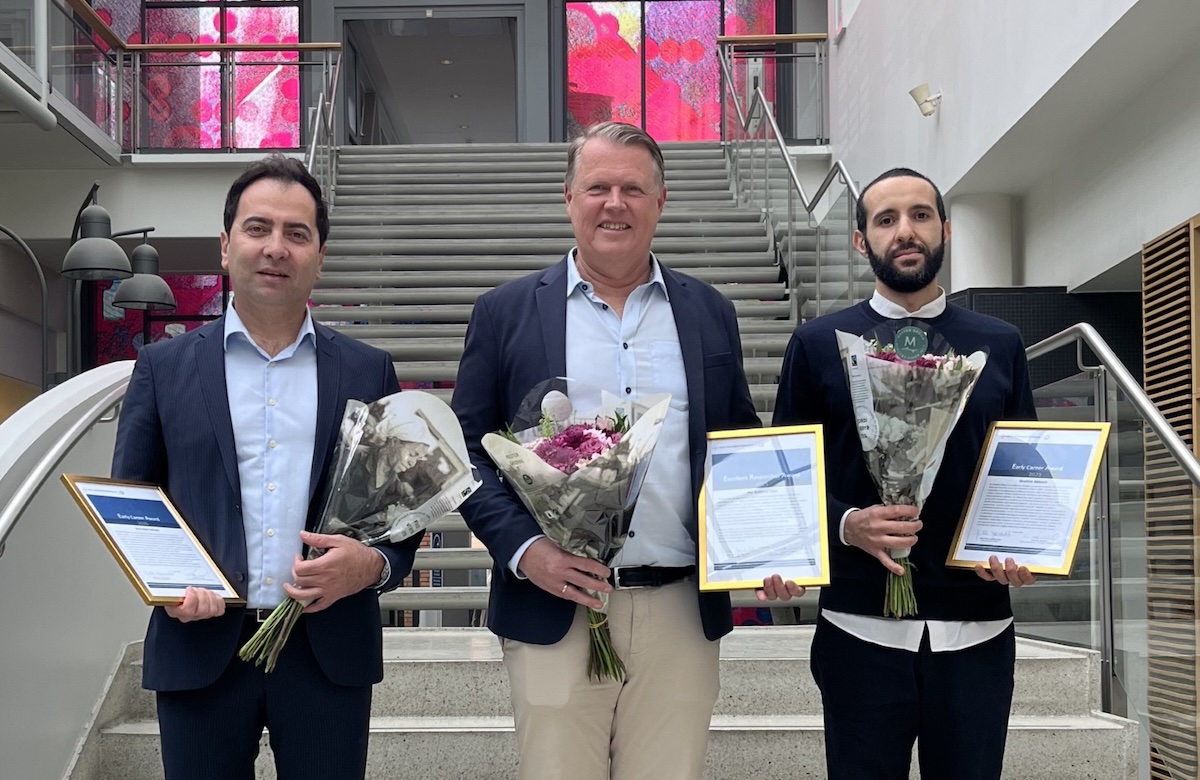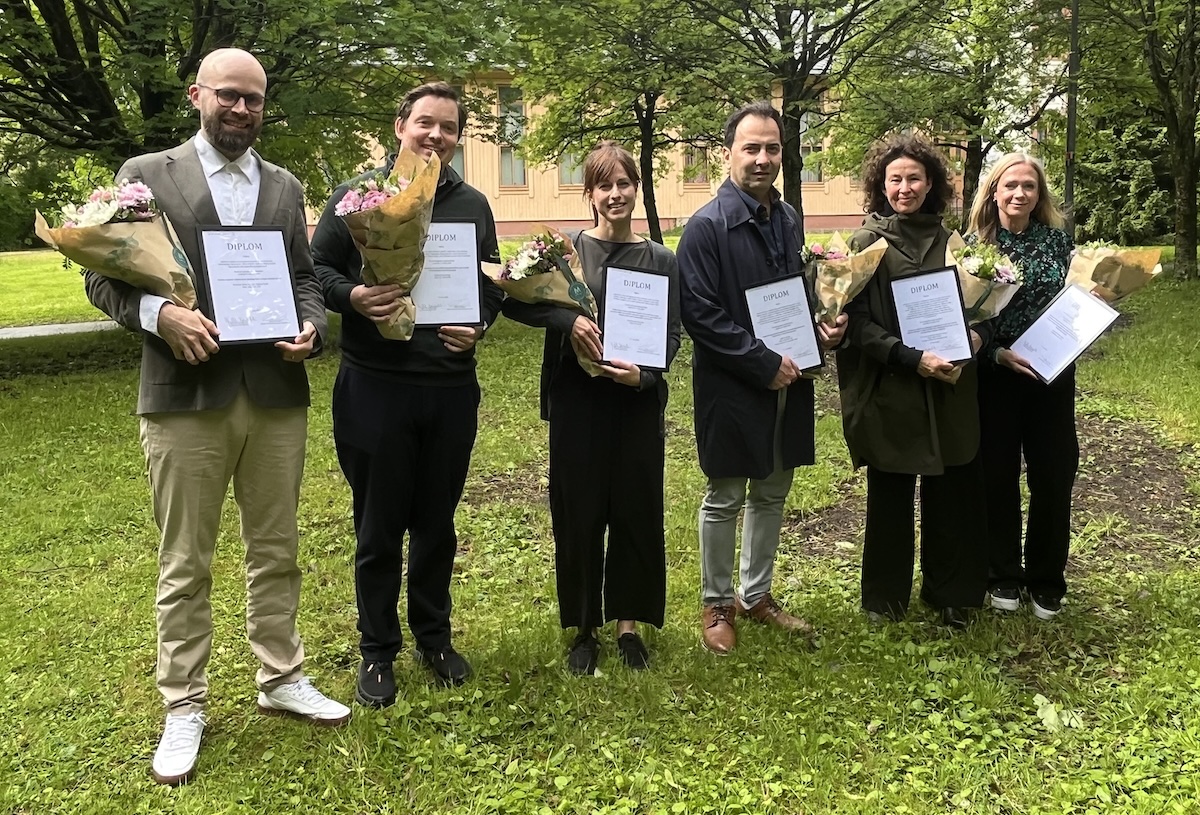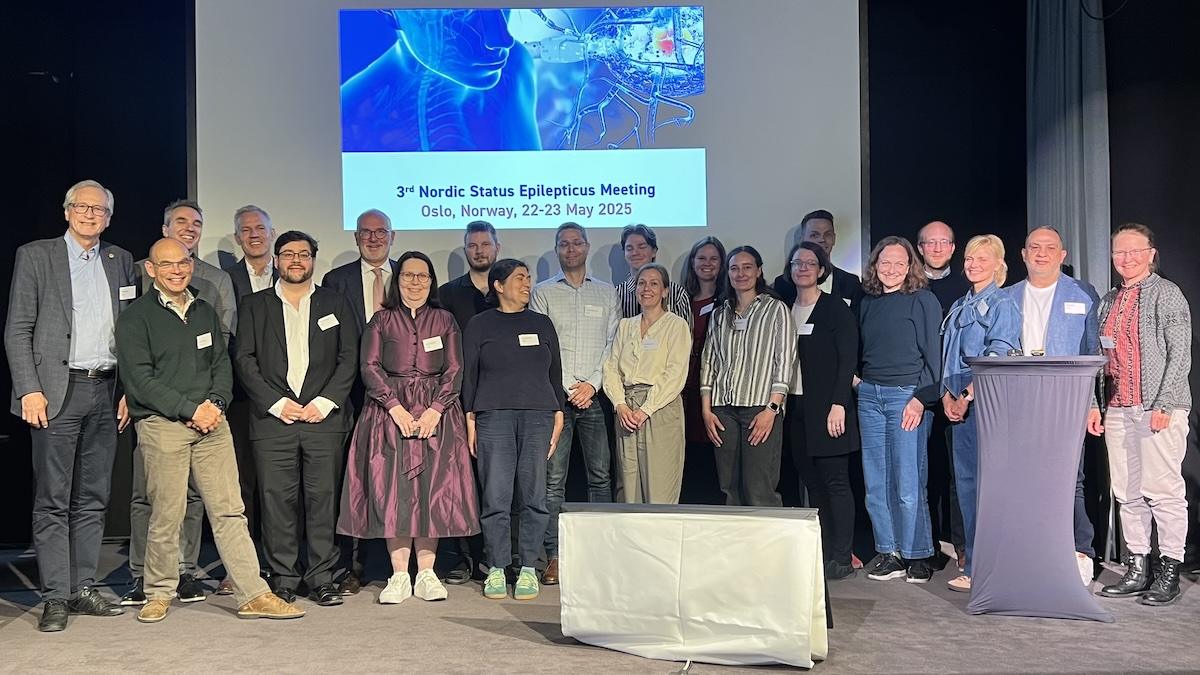Research at Oslo University Hospital
Latest publications from major journals, first or last author from OUH:
Disease Progression in Exercise-Induced Arrhythmogenic Cardiomyopathy Compared With Arrhythmogenic Right Ventricular Cardiomyopathy
JACC Cardiovasc Imaging (in press)
DOI 10.1016/j.jcmg.2025.03.018, PubMed 40637652
Peyer's patch B cells sample transglutaminase-gluten complexes and drive celiac disease autoimmunity
Gastroenterology (in press)
DOI 10.1053/j.gastro.2025.06.021, PubMed 40602545
Self-reported symptoms in ICU patients and their impact on long-term outcomes-a prospective multicenter study
Intensive Care Med (in press)
DOI 10.1007/s00134-025-07995-x, PubMed 40586802
Multimodal transcriptomics identifies metallothionein as a novel pathway in primary sclerosing cholangitis
Hepatology (in press)
DOI 10.1097/HEP.0000000000001432, PubMed 40560681
STEAP1: a promising target in prostate cancer therapy
Trends Cancer (in press)
DOI 10.1016/j.trecan.2025.05.007, PubMed 40527692
Fecal Microbiota Transplantation Versus Vancomycin for Primary Clostridioides difficile Infection : A Randomized Controlled Trial
Ann Intern Med (in press)
DOI 10.7326/ANNALS-24-03285, PubMed 40523286
More selected publications



